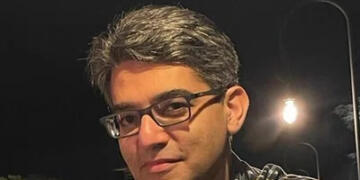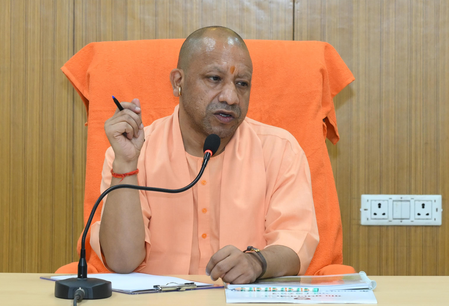In the lead-up to Bakrid, also known as Eid al-Adha, Uttar Pradesh Chief Minister Yogi Adityanath has issued a detailed set of directives aimed at managing public spaces, religious practices, and law and order during the festival. The announcement comes amid ongoing political sensitivities surrounding religious gatherings and minority rights in India’s most populous state.
To ensure compliance, the state police have been put on high alert. Sensitive districts with a history of communal tension will see heightened surveillance and rapid deployment forces. Officials are coordinating with clerics and religious groups to raise awareness and prevent any untoward incidents. These are the guidelines issued by the Uttar Pradesh government.
No Namaz on Public Roads:
The Yogi Adityanath government has strictly prohibited offering Bakrid prayers on roads or in open public spaces. Prayers must now be conducted only at designated religious sites such as mosques or official prayer grounds. This rule is being justified on the grounds of minimizing public inconvenience and preventing traffic congestion.
Animal Sacrifice Limited to Specific Areas:
Sacrifices during Bakrid are to be carried out only in designated zones. Public slaughter in residential streets or open fields will not be allowed. The administration has emphasized that this is to ensure cleanliness and prevent environmental and health hazards.
Ban on Sacrifice of Cows and Camels:
Reinforcing existing laws, the government has reiterated its ban on the slaughter of cows—a sensitive issue in Uttar Pradesh—and extended it to camels. The move aligns with Hindu religious sentiments and BJP’s long-standing political stance on cow protection.
Monitoring Health and Sanitation:
The Chief Minister also directed health departments and local bodies to monitor for signs of avian flu or other risks associated with mass animal sacrifice. Municipal bodies have been instructed to maintain extra cleanliness, particularly around slaughter zones and religious sites.


























